Type ‘carbon offsetting’ into the web, and a multitude of sites will offer to ease your guilt about flying, driving or consumption, usually by planting trees in a distant land, mediated by newly founded companies trading in carbon.
The implication is that for a very modest sum, perhaps £100 per year, you will have done your bit and can carry on as usual. Bundling up and trading sub-prime mortgages was a con perpetrated by ‘market rationalists’ which brought the global economy to its knees. Carbon trading, advocated by similar (often male) logic, delays meaningful action on climate change, and is a threat to life on this planet.
Faced with a rising tide of public demand, businesses and governments have declared that they will achieve net zero emissions by the year 20-something. The problem is that most have not even decided what emissions to measure, and fewer still have a credible plan to reduce them to zero – other than by paying the global south to plant trees, in a trade with uncomfortable parallels to our imperialist past.
At Riverford, we are convinced of the need to progress to net zero faster than the commonly used 2050 date. But we have to get the ‘how’ right as well as the ‘when’, and the ‘how’ cannot mean just offshoring the problem. It has to start with reducing our emissions in every possible area, however unglamorous: indications are that we can reduce our emissions by 40-50 per cent through measures such as solar panels, electric vehicles, better refrigeration, better sourcing and route planning (with some reliance on emerging technologies). We are now working on the other 50-60 per cent.
There isn’t enough land on Earth for tree planting to be every organisation’s solution – and it would be even more wrong to pay the global south to do it for us, even if we trusted the governance and marketplace, which we don’t.
So, we have begun work on answers closer to home, using our natural assets and knowledge. There are promising land-based solutions, using soil, trees and hedges, especially on marginal land. Most require research, development, verification.
In the meanwhile, having researched and interrogated providers, I can assure you that carbon trading is a very poor substitute for taking responsibility for your own (individual, company, or nation’s) impact. If someone tells you that they will reach net zero, I urge you not to be impressed until they have told you how. We haven’t cracked the problem yet, but you’ll be hearing a lot more as our plans develop.

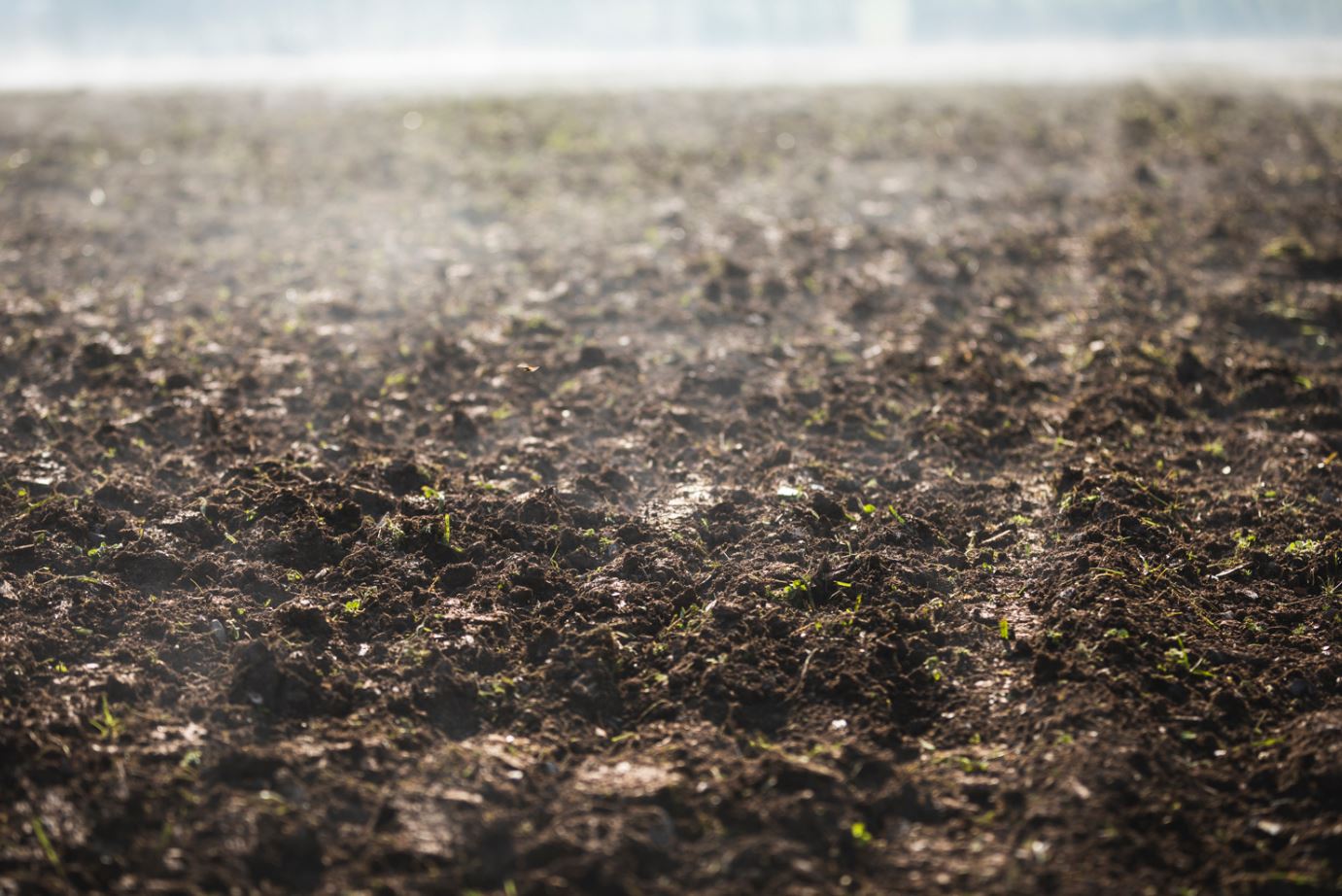


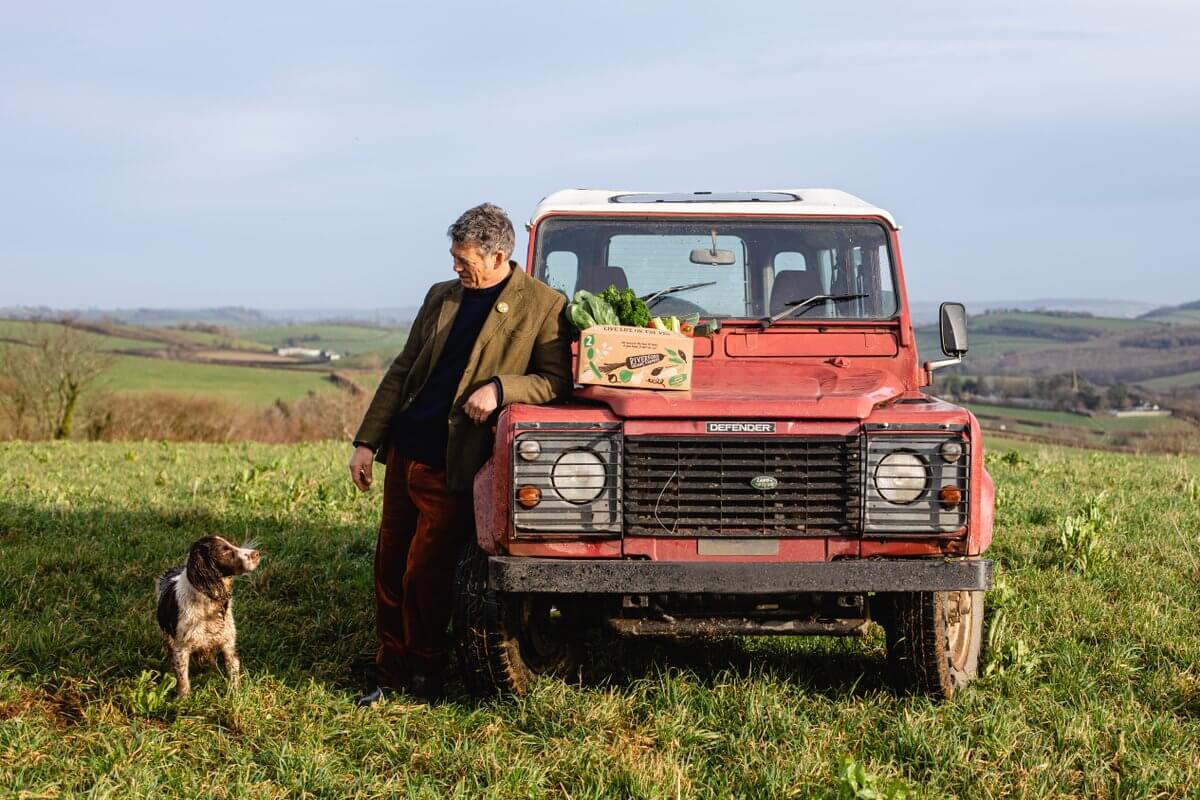
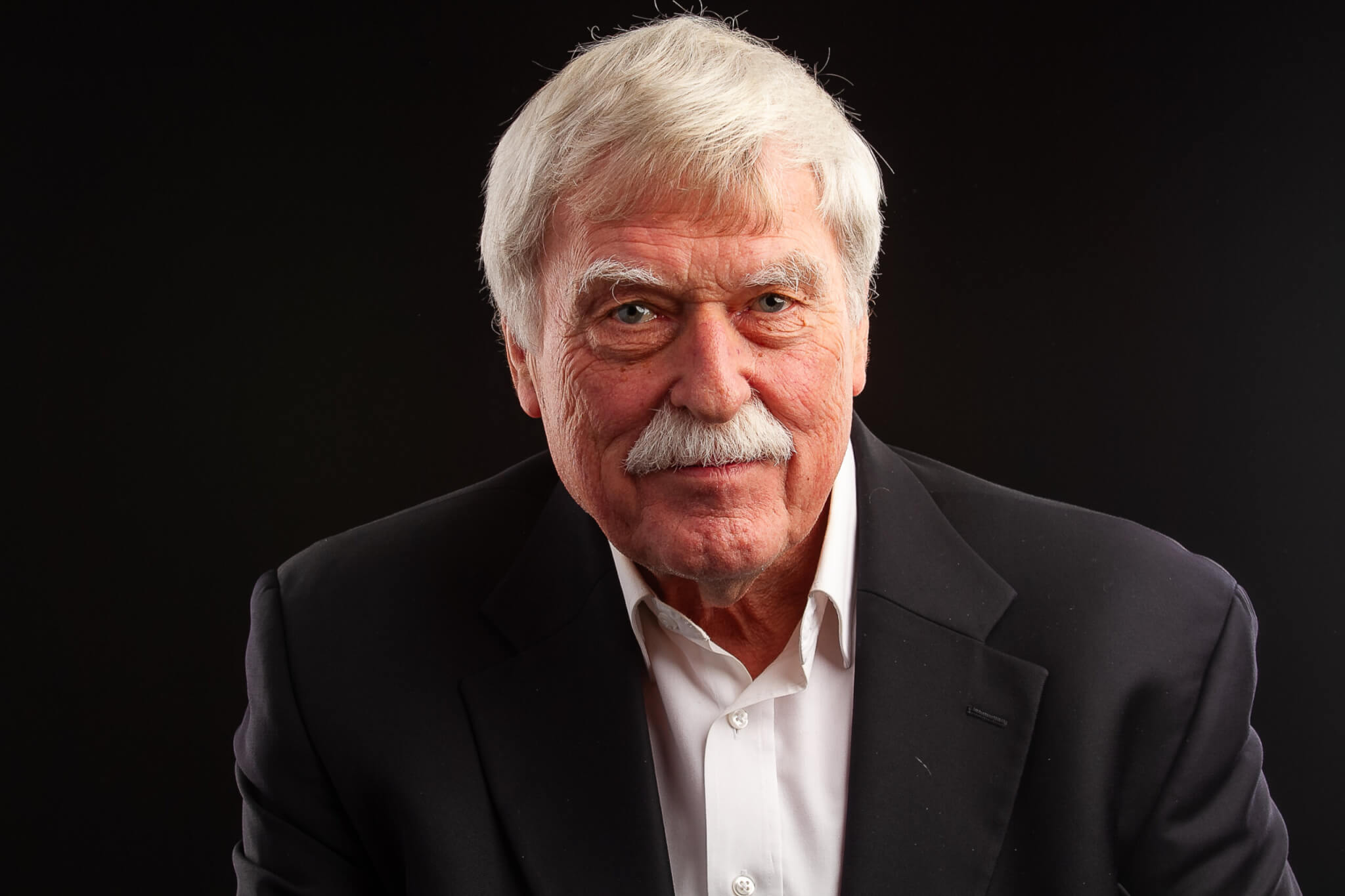
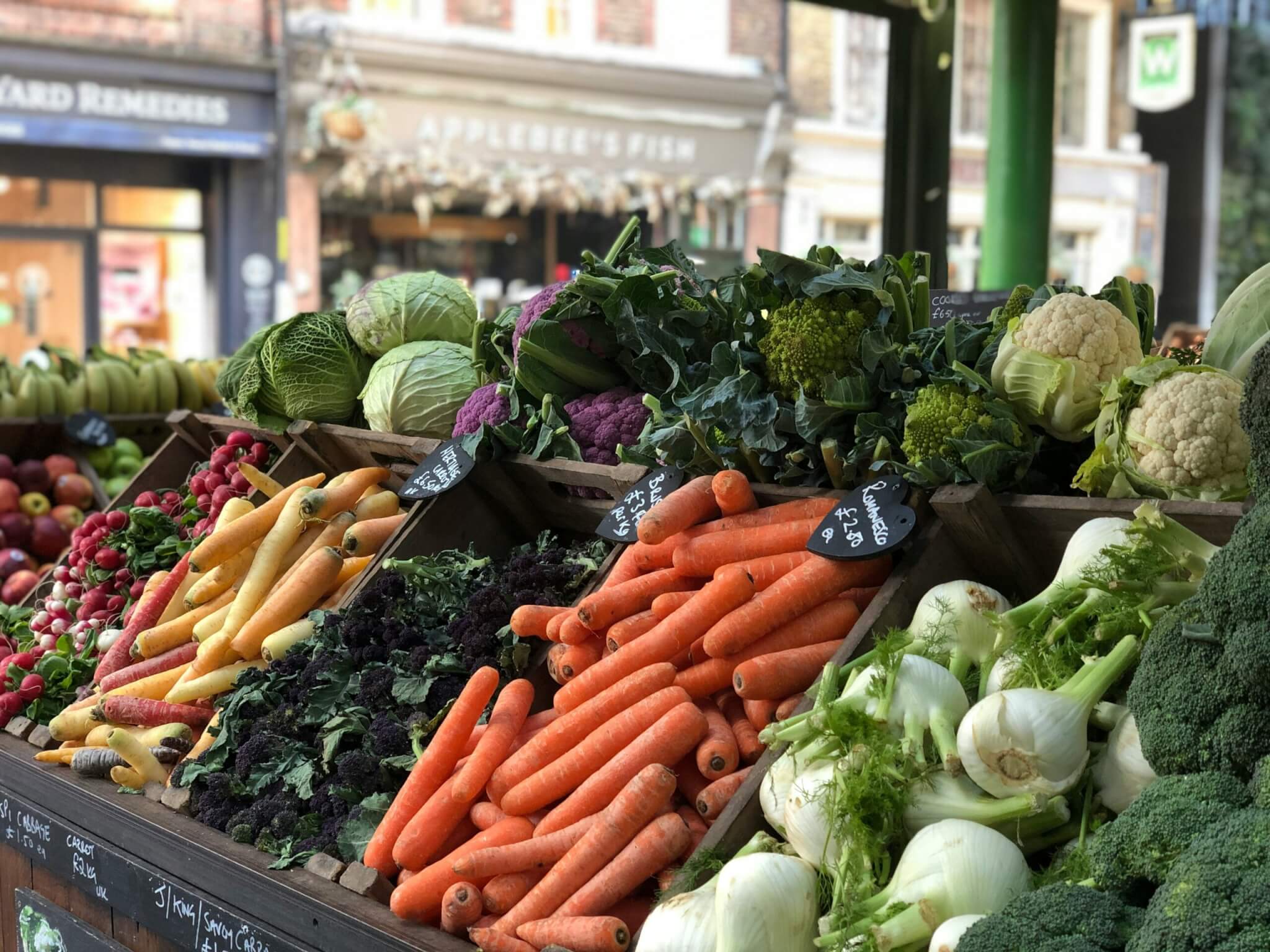
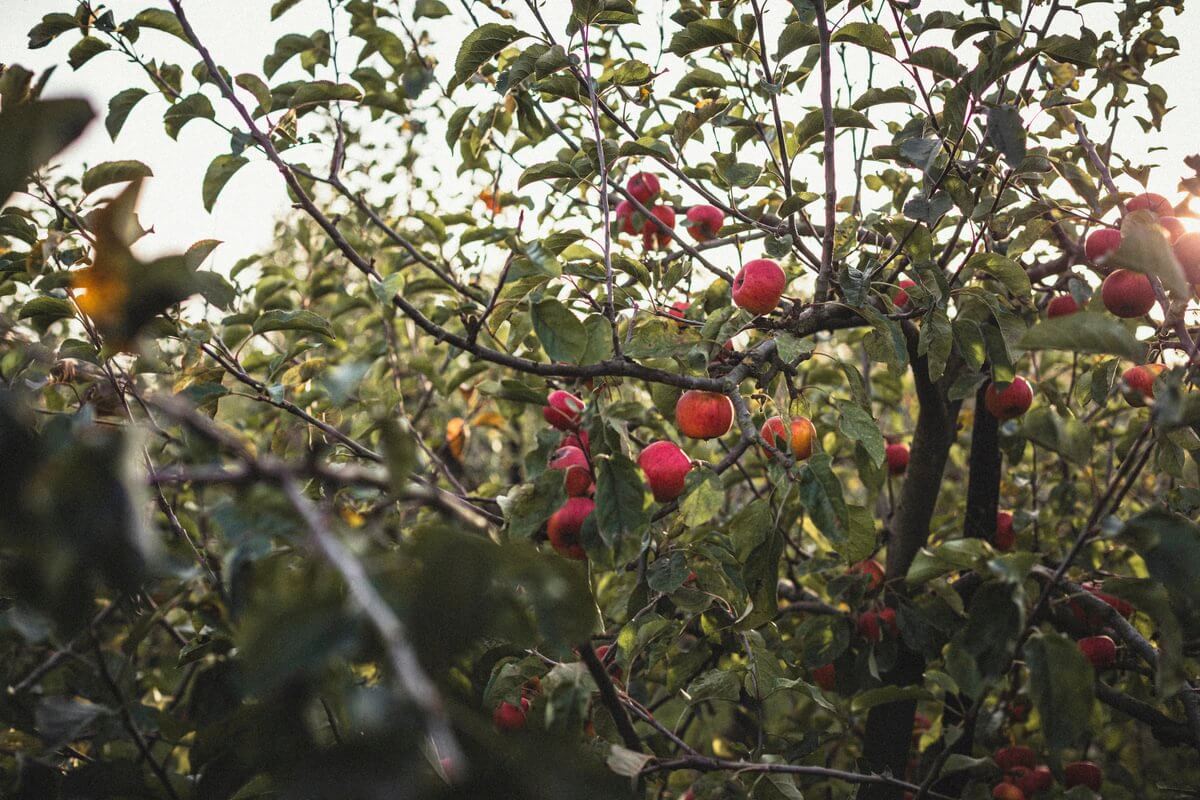





Neno Macadamia Trust support small holder farmers in Malawi as they develop agroforestry for food security. Some of their funding comes from Carbon Mitigation Certificates.
https://www.nenomacadamiatrust.co.uk/CO2.html?#01
Guy has hit the nail on the head. How you achieve net zero is vital information for anyone, not least the person making such a claim.
As usual, a good deal of sense in this article. I am very cynical about targets that are conveniently several years in the future as well as whether they are really meaningful. If short term (1-2 years for example) measures are not identified that lead to ‘zero carbon’, then is is too easy to make airy promises and continue in the same old way.
I fear that our government, not only doesn’t know HOW to get to carbon zero, but also that it doesn’t actually know what it means.
With respect Guy is half wrong on this. Trees in the tropics are far more effective than elsewhere (look at Project Drawdown for the science) and given the big deforestation going on in tropical lands and that climate impact is worse in poorer and hotter countries, it makes absolute sense to plant there. Of course getting the right planting partner is critical. Offsets are highly criticised but this is wrong too and the offsetting scene has become much more accountable. Of course living-as-normal and just offsetting is NOT a solution but there is also a mirror risk of poo-pooing everything. In fact the problem with climate change is there are so many reasons NOT to do anything – the governments, the big companies, somebody else doing something somewhere else that negates the good… I admit I have skin in the game, running a much smaller organic company than Guy’s and finally addressing this problem which until now I have felt is too big, too complicated, too confusing and too not down to me/I am nothing in the scheme of things. We’ve done a hell of a lot of research and an optimistic path, including offsetting or investing in sinks, is not just available but completely necessary. Yes Guy is right to say there is a lot of airy promising and commitments been bandied around. We are world leaders in a version of sustainable fish for example which has been buried under a mountain of greenwash and the big business takeover of the term itself and all reference points so my BS detector is as closely attuned as anybody’s. The good thing with the Climate Change scene is that there is a huge pool of expert knowledge, science-based, broadly independent, inclusive, accessible, intelligent, with powerful voices and reach to be used to guide, educate and hopefully correct us all as we move with hope in the right direction.
Hi Charles,
It would be really interesting to hear about the offsetting you do, and how you got to that decision?
Did you decide to go to the tropics?
It’s interesting when Guy says that we shouldn’t pay the global south to do it for us. This is where I imagine you disagree with him.
For me it does have slight whispers of colonisation. Reminds me of the pre-world wars when we (Great Britain) decided to use the colonies to provide us with cheap food rather than our own country, because they were more ‘efficient’. Instead now, we want to use global south assets to mitigate our emissions.
Similarly in the days of structural adjustment when the global south were forced to open up their economies to foreign direct investment to increase ‘development’, but this wasn’t really development and more exploitation.
Maybe there are ways to avoid this exploitation and enable genuine empowerment for global south economies. Water tight governance is probably a good place to start.
Interested to hear your thoughts
Hi Jack,
Wow that was quick.
I think Guy/you have got it upside down really. We – “the North” have done the carbon excess. In that process the global South/developing nations have and are going to suffer and be far more affected than us. Climate/Paris negotiations etc have equity and equitable concerns written in to the net zero journey (yes I’m sure they will be f*** up, lied about and got around by the usual suspects but the “liberal” viewpoint is an equitable developmental outcome must be baked into climate solutions – and that has been “agreed”). So for me the right approach is to recognise that and go and pay the global south and if you get the right project you are not just planting trees but you providing employment and economic incentives. That’s not colonialism or shifting the emission offset burden.
My take is that “we” are rich enough to re-forest our own lands and governments should be doing that anyway and have already provided incentives there.. There is also an urgency/impact side to my conclusions. 2 major points. First you get many more trees for your money in the global South so if humanity has 30 years to get our sh*t together then planting as many trees as possible £ per £ should be the priority. Second a tropical planting is worth about double in climate impact terms than a temperate planting.
Re – what have we done/decided – not really there yet. We’ve paid for our organization to be carbon neutral to get a little logo that counters other people with little logos. We are going through a tortuous Scope 3 accounting of the products we buy & sell with plan to be be cradle to gate neutral but for that we will not go via a logo for official offsets, not because we have formed an opinion on official or verified offsets (I personally did have a bit of negative opinion there but I don’t think that is fairly thought out tbh so am keeping an open mind) but because we are organic, we wanted to be a bit more bespoke with where we put that offset equivalent – it will be a mixture of renewables, trees and support of regenerative agriculture.
Every business is in a slightly different place though – Riverford has loads of land in the UK and much more control/power over your supply source so you will have different logical starting points as to what you can do around your climate footprint. The fact we’re all thinking about it is important. I also think it’s important that the organic sector which is so often troubled by our yield/output disadvantage is NOT scared off from the carbon debate.
Hi Charles, (not so quick this time I’m afraid)
When supporting carbon offsetting projects (especially abroad); who ultimately gets the money to oversee these projects? Is it in the hands of the people in these countries, or is it a British company acting in their ‘best interests’. It boils down to a question of power, who decides how to do the offsetting?
Are we serving these communities, or are we telling them how to do it? I think there’s a difference.
What happens in the future if these countries want/need to offset for themselves but it’s all been taken up by developing countries years before they need to?
I totally get the efficiency is maximised in the tropics, but it’s not ours.
Is Scope 3 accounting a lifecycle analysis? As an organic farm what is your biggest emitter, diesel? Are you looking into carbon sequestration as an option to offset on your own land?
I agree it’s a good debate to be having, and it’s certainly not going to be a one size fits all solution.
Jack
Jack you raise good questions – not sure if we’re meant to be having a ping pong conversation here! But to answer your questions – we don’t own land and are not farmers either here, in the tropics or anywhere else. We do packaged products: the biggest emission of our products is the production and growing. We’re just basically an office – but to just cover our office emissions doesn’t seem “honest” – hence the scope 3.
Trees seem to me part of the important offset do-ables. We would seek to go via a decent project sensitive to the points you raise. Re the using up all the offsets argument that they might want to use, I’ve never heard thar argument so I’m still trying to digest it. My answer is probably. First at the heard of global warming are fossil fuels and then a few other important emission factors (including agriculture especially intensive meat and land clearing). Second it’s going to take a while to transition and we’re in a race against the climate clock. Third tree planting is in climate-warming terms an interim solution.- and the more the merrier. Aside from that as a company we’re looking at investing in renewables, supporting regenerative agriculture and environmental justice as well but all of this is not on our land/property but through third parties. Maybe Riverford should build a little windmill plantation and sell parts of a windmill to other companies who want to do what we want to do! All the best.
It’s certainly a tricky business trying to do the right thing. It sounds like you’re considering it very thoughtfully. And it’s all very well for me to comment on it, but a lot harder for people like you who have to deal with the reality of the situation.
So would the office based emissions be scope 1? And Scope 3 analyses the whole supply chain?
I think Riverford are looking into renewables, certainly for their delivery vans, where the whole fleet is transitioning to electric but I think before they start to become an energy company (!) they’re looking at maximising reduction before any huge offsetting projects.
Scope 1,2 and 3 are the “industry speak” for accounting/managing footprint eg of map:-
https://compareyourfootprint.com/difference-scope-1-2-3-emissions/
In simple terms Scope 1 and 2 are what you as a company can control and Scope 3 what you can’t, i.e. the embedded carbon of your product’s footprints – upstream and downstream. Upstream is basically the supply chain – for example in a tomato sauce, the growing of the tomatoes, any energy used, transport to be processed, processing itself, glass and other packaging, transport to you as a buyer. Downstream is once the product leaves your premises all the way up to the consumer and even it’s disposal.
An organisation footprint (or even site footprint for companies with lots of factories or distribution points) is normally calculated on Scope 1,2 and the “business travel” part of Scope 3. This last bit to me is odd but that is what it is.
In general Scope 3 is really the bulk of a product’s footprint so to be “carbon neutral” just as an organisation is a bit of a cop-out. For us it would be extremely cheap in fact. Having said that assume we lived in a world where carbon was actually taxed and accounted right along the supply chain then it would be correct to just worry about your own footprint.
Reduction is absolutely the first step and on that point pretty much everyone agrees. Personally I think in your packing area, etc, it would probably make a lot of sense to generate electricity – and economically so too. The delivery van thing might not be of age yet. Look I’m charles@organico.co.uk if you want to take this discussion further and exchange ideas. The thing about climate change is we are all in it together….
I would like to understand if Riverford has researched using rail transport for fruit/veg imported from Spain and France to the UK. This might reduce carbon emissions. But it might not.
Detailed example: Transfesa Logistics has started to run a regular express refrigerated freight train from Almussafes in Spain to Barking in the UK (the “Lead customer” underwiting the volume is Tesco, but should be available to other companies wanting to transport an refrigerated intermodal container).
Whether that would be less emissions overall for Riverford (trucking from the farm to loading point in Spain, then diesel/electric trains, and from Barking to Dorset,) vs a direct truck on a ferry needs to be assessed, ditto whether financially the costs are reasonable (for an employee owned business) and acceptable transport time (not impacting freshness).
A statement one way or the other as part of your ongoing emissions reduction campaign would be interesting.
Zac Goodall, the sustainability manager said that it’s not something that’s been investigated as far as he’s aware. He said that the emissions km to km are obviously lower for rail, but the rail infrastructure to peripheral parts of the UK (Devon and Peterborough, where the packing houses are located) is far from ideal. But could be an option in the future, especially as the UK are in the process of electrifying the whole rail network.
It is hard to disagree about taking responsibility for our own (nation’s) environmental damage, such as carbon emissions, in order to reduce the impact of climate change into manageable margins (as per recent scientific understanding). Well…, the hard bit is to find a way on how to do it. There have been numerous scientific reports now about the limitation of soil to store increasing amount of C, purely because of the nature of processes in the soil, which do not permit fast sequestration of carbon into the soil. Relying only upon the soil to ‘save us’ would not be wise. The part of the solution is definitively reduction of carbon emissions of our economy. Land bases (i.e. soil C storage) solutions for carbon capture, although a genuine idea, will likely play a minor role in our effort for decarbonisation.
On the other hand, we should not stop our effort for increasing the content of carbon in the soil because ‘healthy’ amount of carbon in the soil is paramount for soil functioning. Less than half of the cumulative carbon emissions have been derived from the soil, and, we need to get that carbon (or part at least) back to the soil, where it had been accumulating for centuries before we started ploughing the land. Soils are important for a range of process we rely on, starting with food production, but also including water purification and other functions. Thus we need to use any effort for its restoration.
At the same time, I believe, we should not think of offshore carbon capture projects as something that is not a local solution. What is local in the current world? We import part of our goods from other countries. We also import a lot of plant-based products from areas, which were a rainforest or a savannah once. The carbon emissions related to products we import are thus part of our economy carbon emissions too. We are also partially responsible for these environmental damages and will be for long time, because we have set a wrong example for many countries around the globe, such as lifestyle based on over-consumption and over-exploitation of natural resources.
We did not know about our wrongdoing then, but we know now, so there is no excuse for not starting massive decarbonisation and clearance of the mess we made.
And absolutely, we need to start at home. We need to set the ‘NEW EXAMPLE’, a better one, on how to live in balance with nature and using their resources wisely. The decarbonisation is just the begging of a bigger change to come starting at home, whatever it costs.